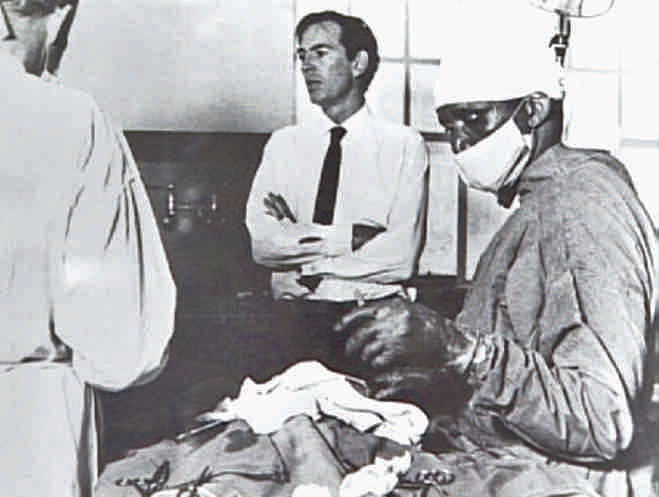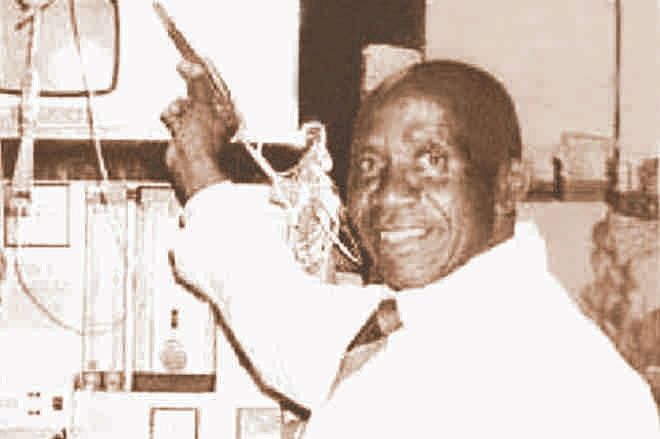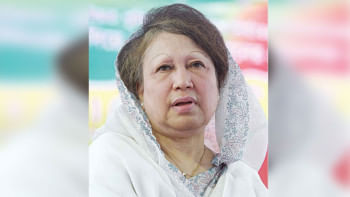Black Gardener turned Heart Surgeon

“He has skills that I don't have. If Hamilton had had the opportunity to perform, he would have probably become a brilliant surgeon.”
— Dr Christiaan Barnard to Associated Press in 1993
What an illiberal, especially a racially segregated, society can do to thwart flowering of talents latent in many human beings is exemplified by the sad, but inspiring story of a black South African man in the mid-twentieth century. His name was Hamilton Naki. Born in 1926, he read only up to standard six. Unable to pursue further education due to extreme poverty, he left his village home and hitch hiked to Cape Town to find a job in the Apartheid-era port town. There he got a job of a gardener and caretaker of the tennis courts of the University of Cape Town. He was then 14 years old and worked for five decades in that job until his retirement in 1991. He was a remarkable man, who despite all his brilliant contributions, remained faceless and in poverty, living in a one-room shack without water or electricity. People the world over should know about him, his god-given qualities and contributions to surgery.
While working next to the surgical department, he started taking interest in what was going on. Soon he started lending a helping hand to the researchers there. Naki was found to be a good technician. He was able to efficiently develop surgical techniques to separate and attach animal organs, working on pigs. He became an expert at liver transplants, far trickier than heart transplants, and was soon teaching others. He came to the attention of Dr Christiaan Barnard, the famous surgeon, who did the first successful human to human heart transplant surgery in 1967 in the Groote Schuur Hospital in the Cape Town University. Even though Naki continued officially in the books as a gardener because he had no medical education and because he was a black in the Apartheid- era South Africa, he informally worked as a surgical assistant to Dr Barnard. He asked Naki to be part of his back up team for the first transplant surgery. It should be noted, however, that there is a controversy surrounding whether Naki was actually present in the operation theatre. Several international newspapers had published statements after his death to the effect that he took part in the historic surgery but later retracted because of some contemporaries in the hospital terming such claims as exaggeration. Truly, it would have been a violation of the country's segregation laws of the time, which dictated that blacks should have no contact with white patients.

According to the New York Times, Dr Barnard began to acknowledge Naki's work only after the end of apartheid in 1991. Before his own death in 2001, Barnard called Naki “one of the great researchers of all time in the field of heart transplants” adding that “he was a better craftsman than me, especially when it came to stitching, and had very good hands.” These are glowing tributes by the father of heart surgery, which bolsters Naki's reputation. Because of the success of heart transplants, which at the time was a revolutionary advance in surgery, surgeons from all over the world would come to Cape Town. They would marvel at Naki's techniques and learn from him. Naki had a major role in training those heart surgeons- thousands of them, who flocked to Cape Town to study under Barnard. Naki cherished his role as an educator.
Due to the legacy of racial discrimination in South Africa, he retired on a pension based on his services of a gardener-$275 a month, even though he worked for many years as a laboratory assistant and much more. His skilled work had not been made public until the abolition of apartheid. Naki was not able to educate his four children due to financial constraints but because of his fame in free and black-dominated South Africa, he succeeded by raising funds to establish a school in his native village and to send a mobile medical clinic to periodically provide treatment to his village folks.
Hamilton Naki remained modest about his achievements. In an interview with The Guardian of London in 2003, he expressed little bitterness about a lifetime spent working in the shadows-“I was one of the backroom boys”. He said “I was blessed by God who gave me his teachings from heaven”. He appealed to the youth: “The chance is yours. Education is very important if you want to survive anywhere on the globe, so stick to your books. We do not have enough black doctors.” Hamilton Naki was given one of the highest South African state honors, for outstanding contribution to medical science. In 2003, he was given an honorary master of science in medicine by the University of Cape Town. When he died on May 29, 2005 in Cape Town, the world's press, including the Times of London, and the Washington Post, published obituaries- paying rich tributes to him.

 For all latest news, follow The Daily Star's Google News channel.
For all latest news, follow The Daily Star's Google News channel. 



Comments